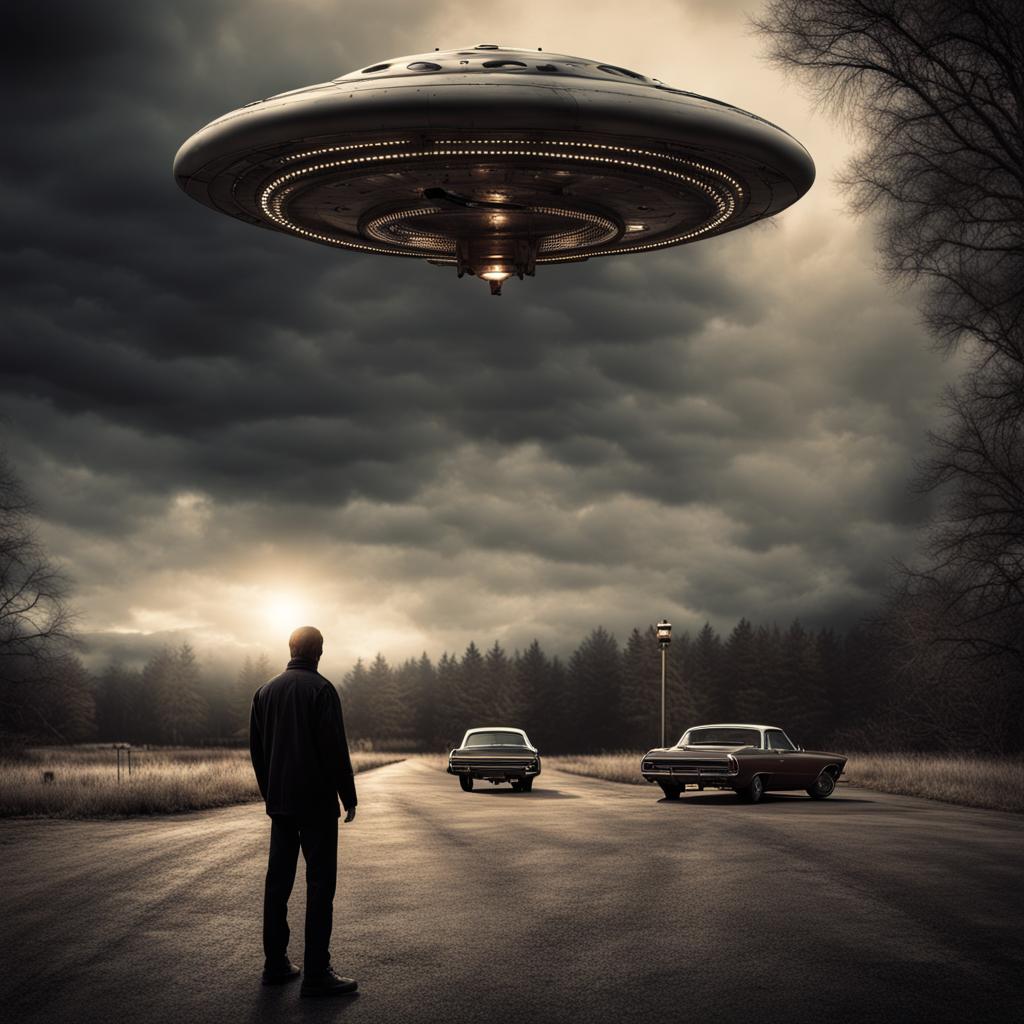
 Exploring Pareidolia: Are UFO Experiencers Affected by this Psychological Phenomenon?
Exploring Pareidolia: Are UFO Experiencers Affected by this Psychological Phenomenon?
Introduction:
Pareidolia, the human tendency to perceive meaningful patterns or objects within random stimuli, has been a subject of fascination and intrigue. This phenomenon has garnered attention, particularly in the realm of UFO encounters. In this article, we delve into the concept of pareidolia and its potential impact on individuals who claim to have had UFO contact experiences.
What is Pareidolia?
Pareidolia is a psychological phenomenon wherein the brain perceives familiar patterns, shapes, or objects even when none exist in reality. It is a natural response that helps humans recognize faces, among other things, in everyday life. However, in certain cases, pareidolia may lead individuals to interpret vague or ambiguous visual stimuli as something more significant.
UFO Encounters and Pareidolia:
Some UFO contact experiencers report seeing unidentified flying objects or encountering extraterrestrial beings. It is worth considering whether pareidolia plays a role in their accounts. The brain, seeking patterns even in randomness, might interpret ordinary objects or events as evidence of alien activity, giving rise to the perception of UFOs or otherworldly beings.
The Influence of Expectations and Beliefs:
Expectations and beliefs play a significant role in shaping individual experiences. Those who firmly believe in the existence of UFOs or extraterrestrial life might be more prone to interpreting ambiguous stimuli in a way that confirms their preconceived notions. This psychological bias can heighten the impact of pareidolia, creating a stronger illusion of contact with aliens.
Psychological Traits and Susceptibility:
Certain psychological traits, such as a heightened sense of imagination or creative visualization, may make individuals more susceptible to pareidolia. Those with a propensity for elaborate storytelling or vivid mental imagery might find themselves more inclined to interpret everyday phenomena as UFO-related encounters.
Seeking Professional Insight:
It is important to approach these experiences with a balanced perspective. Individuals claiming UFO contact experiences can benefit from seeking professional insight from experts in psychology, neuroscience, or related fields. Such professionals can help examine the role of pareidolia and other psychological factors in these encounters, providing a clearer understanding of their nature.
Pareidolia offers a plausible explanation for some UFO contact experiences, where individuals may interpret random stimuli as evidence of extraterrestrial encounters. Understanding the psychological underpinnings of pareidolia can shed light on the complex interplay between perception, belief systems, and the human imagination. Exploring these factors with an open mind and a critical lens will contribute to further understanding and analysis of UFO-related phenomena.
